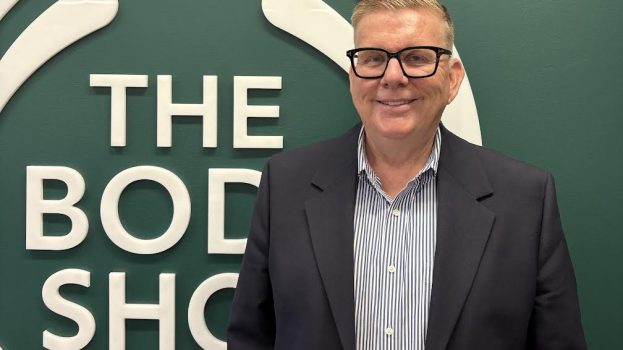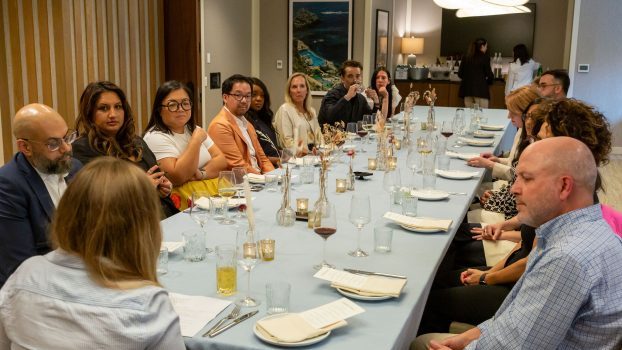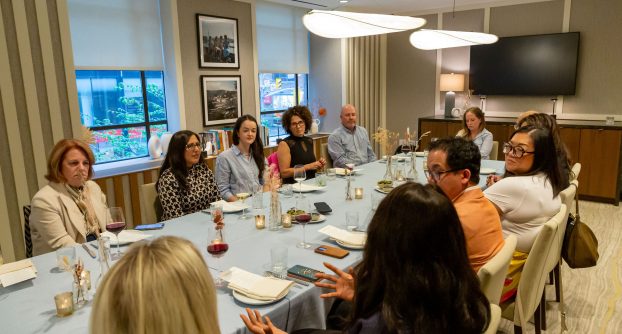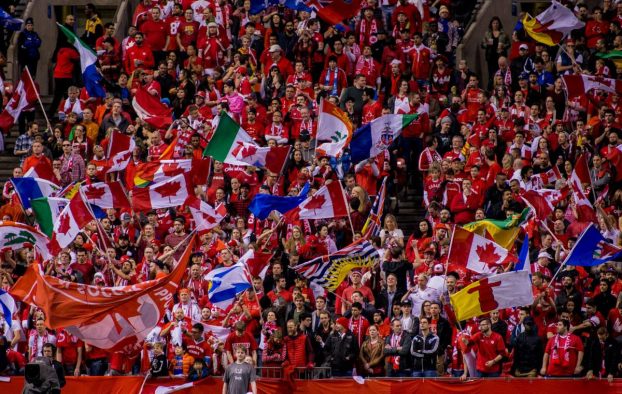By Ishan Ghosh
Ramadan is fast approaching – are you ready to win with the audience that comes with it?
The cultural event is a period of fasting and repentance, culminating in the celebration of Eid-ul-Fitr (Eid), which is accompanied by family and communal dining called “Iftar” (the breaking of fast). In 2020, Ramadan begins on April 23 and runs until sundown on May 23.
The first thing most companies will ask is, “How big is the prize?”
Well, the Muslim population in Canada is fast approaching two million and, by 2021, it’s expected to exceed the Chinese population, once considered one of the most lucrative multicultural segments. That itself is a good enough reason for brands to consider Muslim consumers. For example, sales of Halal food – which adheres to Islamic dietary observances – exceeded $1 billion in 2017 and continues to grow.
Purchase of food and groceries is an essential part of Ramadan and Eid, and basket value increases noticeably during this four-week period. While no incremental spend study has been done in Canada, a survey conducted in the U.K., which has a Muslim population of 2.7 million, showed a spend increase of £200 million among Muslims during the Ramadan-Eid period.
Meat consumption among Muslims is also significantly higher than average Canadians, and during celebratory observances, this tends to almost double. Canadian Muslim households spend an average of $31 per week on halal meat products, whereas the average Canadian household spends $17 per week on meat (although the groups’ average household size may in part explain the difference).
Several Canadian packaged food and fresh meat brands have leveraged this market potential by launching their own Halal brands into the retail arena, including Maple Leaf Foods’ Mina Halal, Maple Lodge Farms’ Zabiha Halal, and Montreal-based Assala Halal. Yet several retailers have chosen to deprioritize this business opportunity with the consequence of losing share and brand equity to competitors who have.
I continue to hear “budget limitations” as the reason for not engaging this audience. In-store promotion is often the route of retailers that believe “if you have it, they will come.” But will they? This audience has alternative choices when it comes to shopping for their Ramadan-Eid specific products, and if you choose not to connect with them outside the store environment, they will go somewhere else.
Another word of caution for the uninitiated marketer who offers token participation in these celebrations: there’s a tendency to stereotype the consumption choices of the Canadian Muslim. For example, promotions offered in retail flyer inserts during Ramadan and Eid often include typical items like Halal meat or dates. The fact is there are substantial increases in basket size for usual grocery items, such as rice, flour, sugar, lentils, canned chickpeas, desserts, cake, ice cream, beverages and grooming and cleaning products, which are often overlooked.
 Winning Muslim audiences over is about empathy. They must feel the brand gets them. Don’t make the mistake of putting up a dispenser in store during Ramadan to sell bacon flavoured Pringles, like Tesco did in 2015.
Winning Muslim audiences over is about empathy. They must feel the brand gets them. Don’t make the mistake of putting up a dispenser in store during Ramadan to sell bacon flavoured Pringles, like Tesco did in 2015.
Walmart understand this. When our agency helped the retailer recognize it wasn’t a destination for Ramadan-Eid shopping, it decided to show it understood Muslim consumers. A campaign showed plates of various sizes and from various parts of the Muslim world, recognizing that Ramadan is observed differently among Muslims from different parts of the world. The effort was supported with a micro-influencer and social media campaign around #BestEidEver. The campaign led to a significant increase in footfall in Muslim-concentrated neighbourhoods and basket value.
Interestingly, media channels to reach this audience offer considerable value and ROI. They are easily geo-targeted due to their market clusters and media behaviours. Being a highly social community, micro-influencer marketing is highly effective.
Assuming your organization is committed to engaging with Muslims and other minority consumers and that it recognizes the opportunities that come with doing so, then you should see why Ramadan, in particular, is a big deal.
 Ishan Ghosh is partner and CEO at Toronto-based agency Barrett and Welsh, which specializes in diversity and inclusion marketing.
Ishan Ghosh is partner and CEO at Toronto-based agency Barrett and Welsh, which specializes in diversity and inclusion marketing.
























